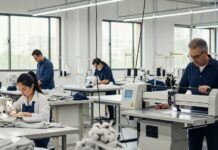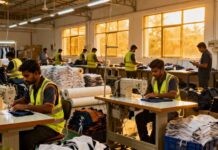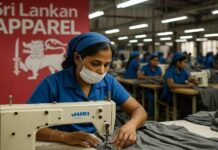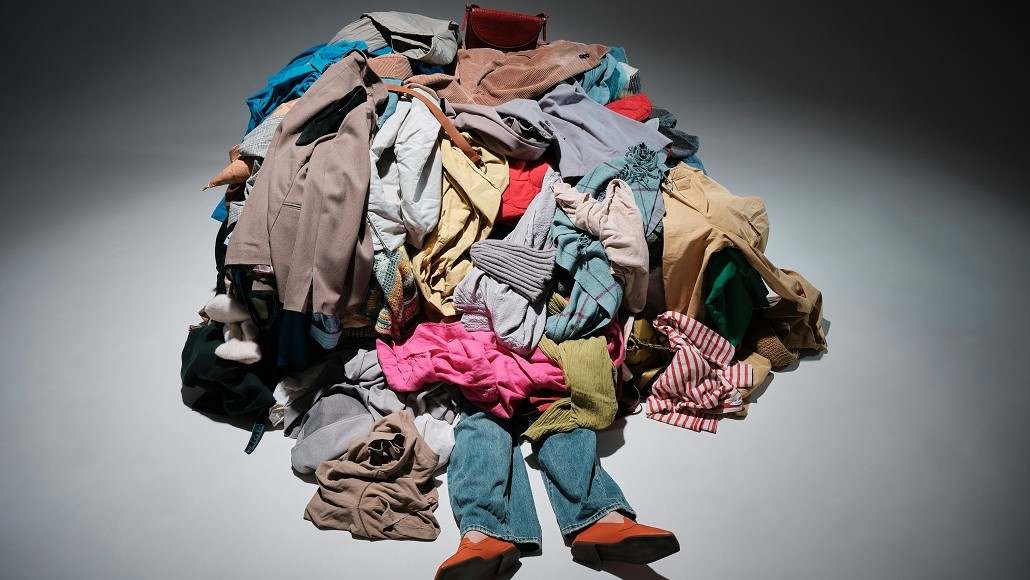The European Union has established a new working group focused on promoting sustainability within the textile and fashion sectors. This initiative aims to address environmental concerns and enhance the competitiveness of the industry through collaborative efforts among various stakeholders.
The new group will bring together representatives from the EU member states, industry leaders, environmental organizations, and other relevant parties to discuss and develop strategies for sustainable practices across the textile supply chain. It will focus on key issues such as reducing waste, improving resource efficiency, and fostering circular economy principles.
This move is part of the EU’s broader commitment to achieving climate neutrality by 2050 and aligns with the Circular Economy Action Plan adopted in March 2020. The plan emphasizes the need for more sustainable clothing production and consumption patterns, encouraging the industry to innovate and adopt eco-friendly practices.
The working group will convene regularly to share best practices, track progress, and create recommendations for policy measures that can be implemented to support the transition toward a more sustainable textile industry. By uniting diverse perspectives, the EU aims to create a framework that not only meets environmental goals but also strengthens the economic viability of the textile and fashion sectors.
With this initiative, the EU is taking a significant step toward promoting sustainability in the textile industry, ensuring that it remains competitive while addressing pressing environmental challenges. Stakeholders within the industry are expected to play a critical role in shaping the proposed strategies and contributing to a greener future for fashion and textiles in Europe.

































